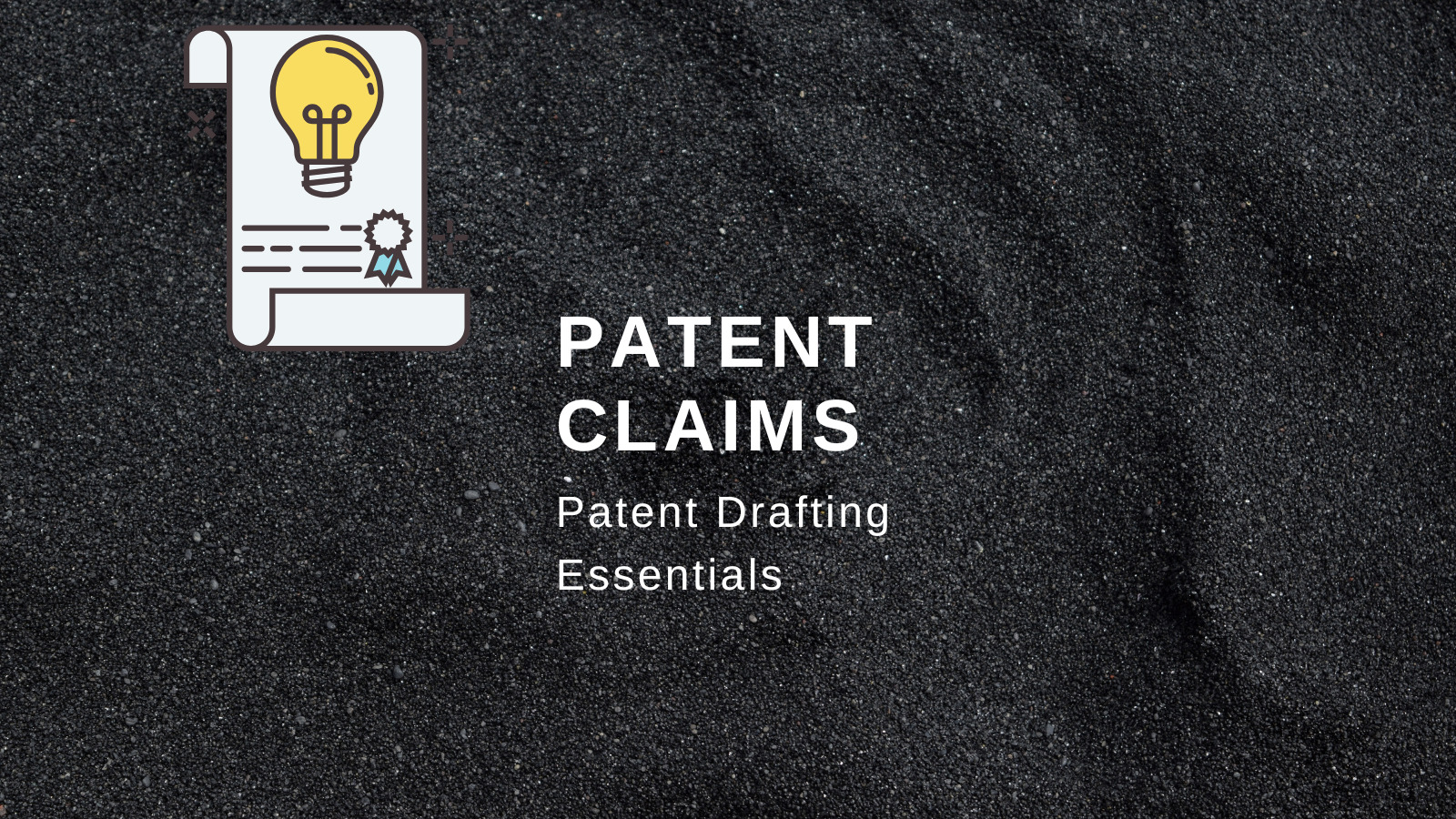
What are Patent Claims and Why Should You Get It Right?
A patent claim sets the boundaries for an invention by highlighting what the invention covers and does not cover. In simple terms, the patent claims define the subject matter (i.e., product or process) for which patent protection is being sought and the rest of the patent specification including any drawings explains the technical details of the invention in detail. Basically, the protection by way of patent grant is given for the claims and not any other part of the complete specifications. Having mentioned that, one cannot simply state statements about the inventions as claims nor one should interpret the term ‘Patent Claim’ to mean as describing what the invention achieves in a broad sense. The Patent Law in general across all jurisdictions require the patent claims to be recite specific technical features of the invention in a techno legal language. One of the main reasons for this strict requirement is…

Increase in Patent Filings by Academic Institutions
Introduction With a plethora of opportunities to quench one’s technological pursuits or showcase the creative abilities of the students, higher academic institutions can be considered to be the powerhouses for generating intellectual property (IP). The extensive research facilities provided by higher academic institutions such as incubation centers, and research sponsored through university and industry partnerships serve as breeding grounds for various breakthrough inventions. Similarly, academic institutions may also give rise to developments in other areas of IP. This may be some literary work in the form of some songs or drama or film scripts or artistic works in the form of a sculpture or even a painting. The list is endless to enunciate the numerous possibilities of IP in any academic institution. Recommendations of National IPR Policy, 2016 It is indeed the above reasons that may have inspired the drafters of National IPR policy to provide certain recommendations on how…
Patent vs. Trade Secret
There have been various forms of intellectual property (IP) which encompasses patents, trademarks, copyrights, etc. To know more about IP, please refer to the article “What are Intellectual Property Rights?”. Amongst different forms of IP, patents have been unarguably the best mode of IP protection available to any invention in the form of a product or a process. However, recently, trade secrets have become an important part of the IP portfolio of any organization. Both patents and trade secrets can be used to protect inventions, formulae, process steps, and ingredients in a composition. However, it depends on the nature of the information and the applicant who is required to assess the best mode of protection for such information. To do so, it is essential to understand the important ingredients and requisites of patents and trade secrets. While the law relating to patents is codified and well developed through judicial precedents,…
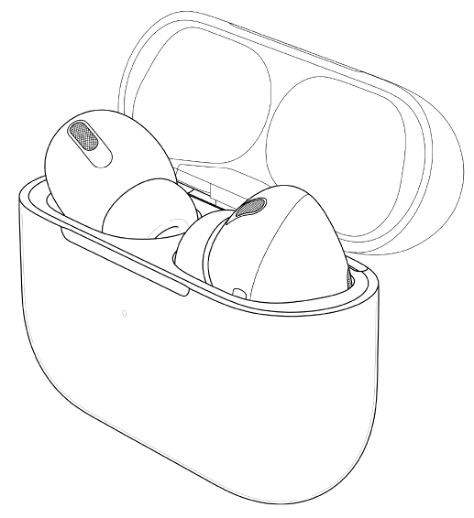
Utility Patents vs Design Patents (Industrial Designs)
While the definition of Patent merely covers utility patent according to the Indian Patent Act, 1970, the same isn’t true in many other jurisdictions. For example, in the United States, there are three types of patents, namely utility patent, design patent, and plant patent. In India, design patents are called “Industrial Designs” and are defined under the Industrial Designs Act, 2000 (hereinafter referred to as the ‘Act’). India does not have the concept of plant patents and hence we will not be discussing plant patents in this article. https://www.youtube.com/watch?v=AQPpQ8QRqXI Short Explanation about the differences between a Utility Patent and a Design Patent. Utility Patents Utility patents, as their name suggests, protect the utility/functionality surrounding an invention. Utility patents may be granted to products or processes depending upon the subject matter of the invention. To know more about utility patents read “What is a Patent?” written by Adv. Sutapa…
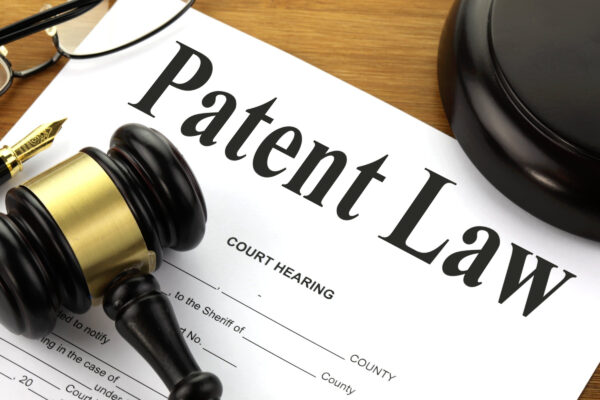
Challenging a Patent Application or a Patent in India
A patent is a statutory right granted to prevent any third party, who does not have the patent owner’s consent from using his patented invention. To know more about patents, please refer to the article “What is a Patent?” While patents are granted after examination of the invention by the respective patent offices, these patent rights are not absolute in most jurisdictions. This means that the patents and even patent applications can be challenged at any stage post-publication of the patent application or during the lifetime of the patent. It is an established position of law in India that there is no presumption of validity of a patent.[i] Also, Section 13(4) of the Patents Act, 1970, (“Act”) provides that the examination and investigations conducted by the Indian Patent Office under Section 12 of the Act shall not be deemed in any way to warrant the validity of any patent. Considering…
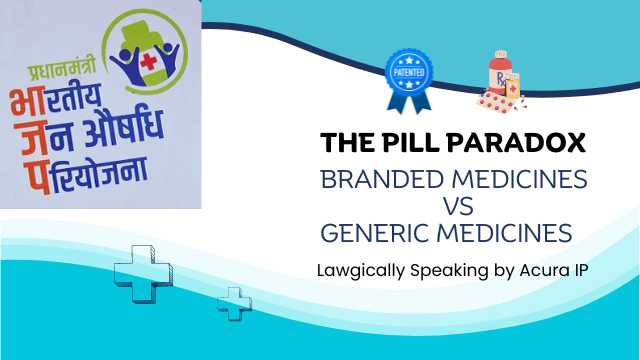
Branded Medicines vs. Generic Medicines: The Role of Patents
In the pharmaceutical industry, the distinction between branded and generic…
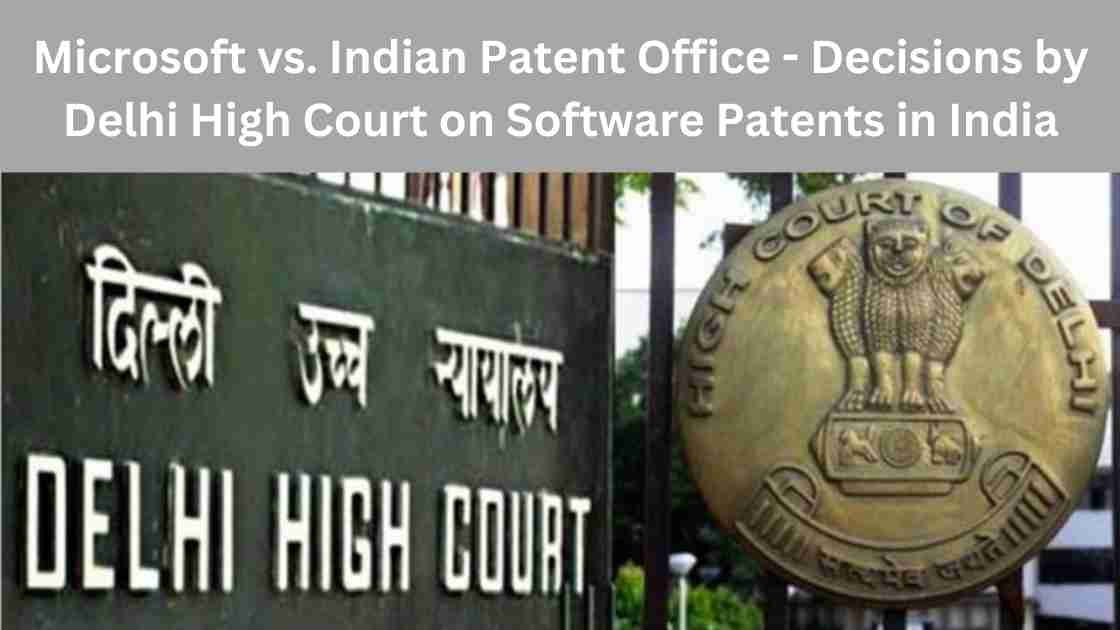
Microsoft vs. Indian Patent Office – Decisions by Delhi High Court on Software Patents in India
The part of this series focuses on the two recent…

Microsoft vs. Indian Patent Office – Decisions by Delhi High Court on Software Patents in India
The part of this series focuses on the…
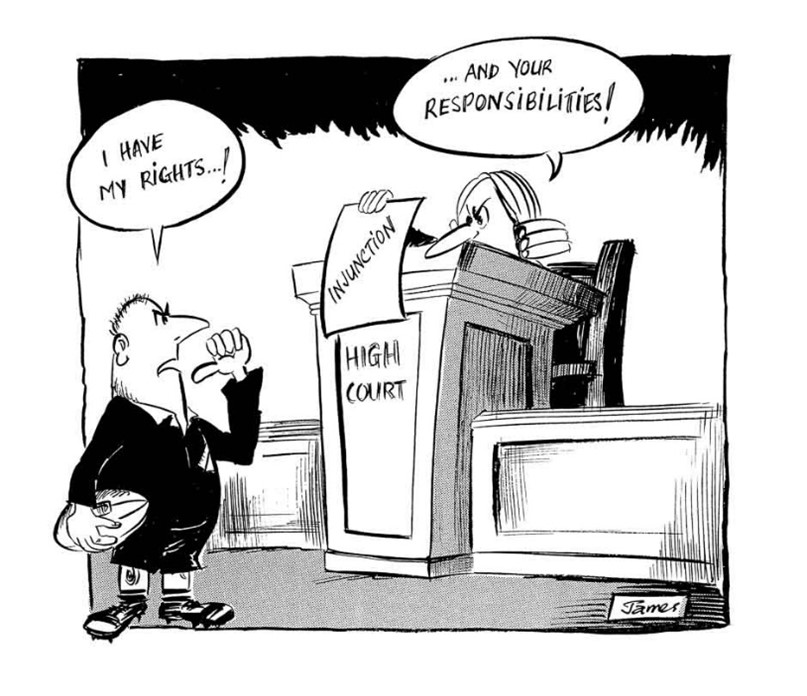
Case in Point: Sun Pharma Ltd vs. DWD Pharma Ltd
Case in Point is a new series where…
Categories
Recent Discussions
Recent FAQs Published by the Indian Patent Office on Form 27
The Indian Patent Office recently released a comprehensive FAQ document regarding Form 27, aimed at clarifying the requirements and procedures for patentees and…
Recent Discussions
A Comprehensive Guide to Patent Searches: Types, Examples, and When to Use Them
Patent searches are a crucial aspect of the patenting process. Whether you're an inventor, entrepreneur, or a legal professional, understanding the different types…
We are here to help you
Talk to us or write to us to get your concerns addressed right away!!
